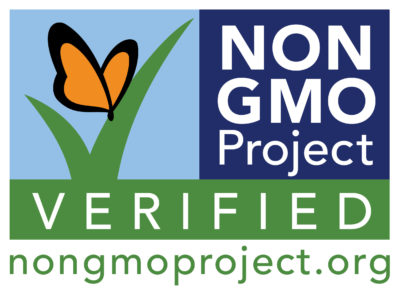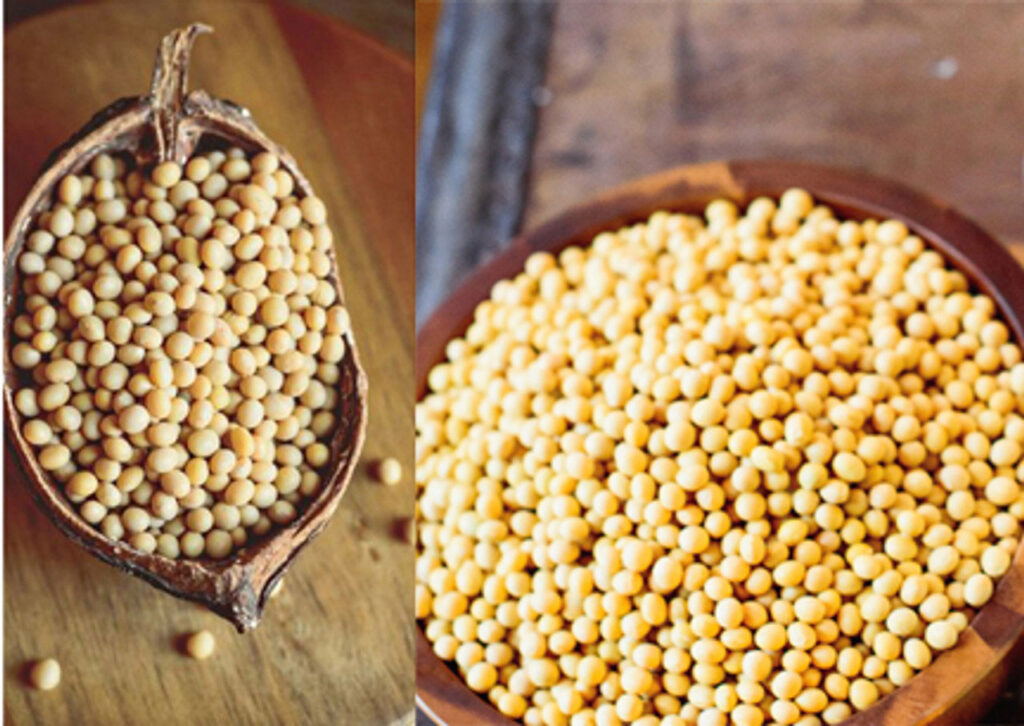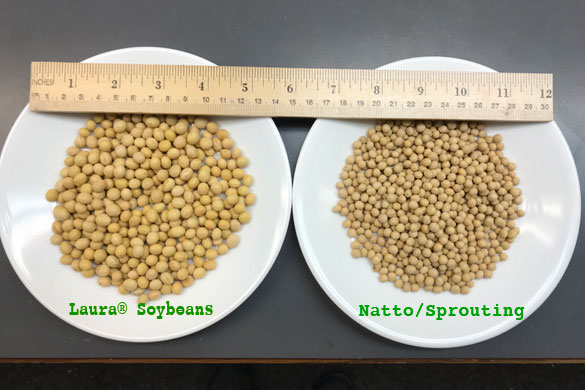- Our site is undergoing scheduled maintenance. Normal site operations should resume at 12pm CST.
- Free Shipping On Orders Over $50
- (515) 583-2198
- sales@laurasoybeans.com
First-time customers take 10% off your order with coupon code “FIRSTLAURA”. Note: Coupon and free shipping cannot be used at the same time.



